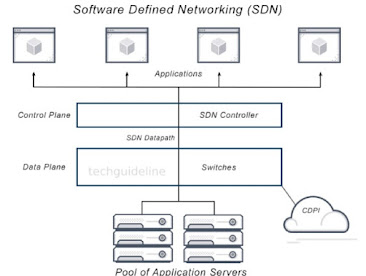network firewall
The network firewall is the first line of defense for traffic that passes in and out of a network. The firewall examines traffic to ensure it meets the security requirements set by the organization, and unauthorized access attempts are blocked.
Firewall protection has come a long way in recent years. In
addition to monitoring internet traffic, the latest network firewall security
products incorporate a wide range of additional features.
“The latest firewalls can neutralize an attacker’s ability to
use stolen credentials for lateral movement and network compromise,” said
Navneet Singh, product marketing director at Palo Alto Networks. “This is done
by enforcing multi-factor authentication at the network layer.”
The intention behind network firewalls is that they
filter internet transmissions so that only traffic that belongs is allowed into
an organization. Decisions are based on pre-set rules or policies. Like many
areas of technology, firewalls have evolved greatly over time and are more
sophisticated in terms of efficacy as well as the flexibility of deployment. For example, they have developed the ability to be deployed in completely virtual
environments to protect data transferred to and from the cloud or to protect
remote branches. “Firewalls have also greatly improved their ability to
integrate threat defense and intelligence to
protect against a range of threats including botnets, command, and control
servers, advanced persistent threats (APTs) and zero-day threats,” said Mihir
Maniar, vice president of Security Business and Strategy at Juniper Networks.




Comments
Post a Comment